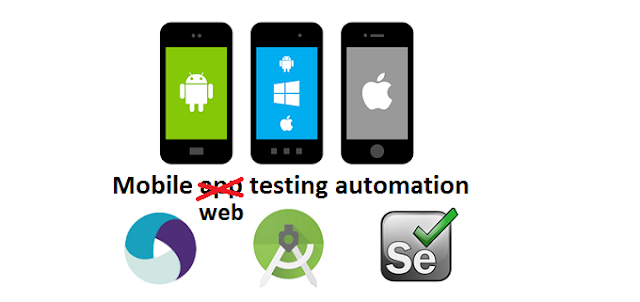Android Statistics: October 2018
Another month past, Google released new statistics, so let's find out what changed compared to previous month. Is Android 9 (Pie) finally showing up in the statistics? How many Android versions do you need to support with your app? Let's take a look at the graphs and find out.
Facts about the Android versions compared to previous month:
 |
| https://developer.android.com/about/dashboards/ |
Statistics, facts and trends
Versions over time
Facts about the Android versions compared to previous month:
- The landscape is still a jungle of versions with no outstanding dominant version and next month the gap between all will be even closer
- There are seven Android versions with more then 7% market share
- Android 9 (Pie) is not showing up yet (maybe next month)
- Android 8.1 and 8.0 are the only ones with an up trend
- Android 7.1, 7.0, 6.0, and 5.1 are showing a steady decrease
- Android 5.0 and 4.4 are at the end of the cycle
Codenames over time
- Android Pie is not showing up yet, maybe next month
- Android Oreo passed Marshmallow as expected, next to pass is Nougat
- Android Nougat will stay the dominant version for 2-3 more months
- Android Marshmallow and Lollipop have a steady line downwards
- Android KitKat is decreasing and nearing the end of the cycle
General trends
- More brands provide OS upgrades for certain phone models
- More brands are experimenting with stock Android on certain models
- New Android versions take about 1-2 months after release before we see them appearing in the statistics
- It takes at least six months after first appearance in the statistics to gain +- 5% market share
- For each codename, from the point it has 5% to the point it's on the #1 position takes about one year
- It can take up to a year after the version/codename has reached it's full potential before it starts to show a steady decrease in market share
- Steady decreasing versions will decrease +- 10% market share per year
- Decreasing versions that have reached the 10% market share line, will decrease +-5% in the following year



Comments
Post a Comment